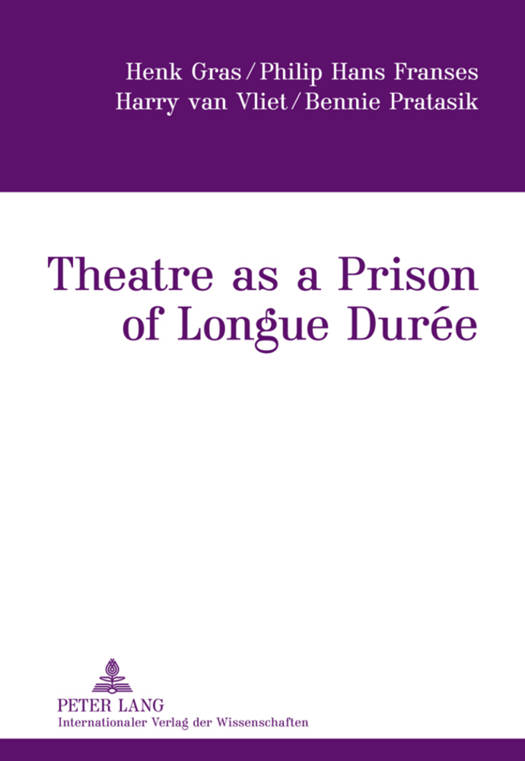
Bedankt voor het vertrouwen het afgelopen jaar! Om jou te bedanken bieden we GRATIS verzending (in België) aan op alles gedurende de hele maand januari.
- Afhalen na 1 uur in een winkel met voorraad
- In januari gratis thuislevering in België
- Ruim aanbod met 7 miljoen producten
Bedankt voor het vertrouwen het afgelopen jaar! Om jou te bedanken bieden we GRATIS verzending (in België) aan op alles gedurende de hele maand januari.
- Afhalen na 1 uur in een winkel met voorraad
- In januari gratis thuislevering in België
- Ruim aanbod met 7 miljoen producten
Zoeken
Theatre as a Prison of Longue Durée
Henk Gras, Philip Hans Franses, Harry Van Vliet
Hardcover | Engels
€ 138,45
+ 276 punten
Omschrijving
For over a hundred years a wildly held assumption has ruled the debate on the social composition of theatre audiences. This assumption states that in the period from the late eighteenth century to the Great War (1773 -1914) theatre audience was largely elite, till the French Revolution chased them to opera. The drama performances were sought by petty bourgeois and unskilled labour force, till, in 1870, the re-conquest of the stage by the upper bourgeoisie set in. In this study for the first time a large empirical research is presented to test this 'master narrative'. Based on thorough archival research from the past twenty years, combined with robust statistical analysis, the conclusion with respect to this still dominant narrative can be short: it is to be fully rejected.
Specificaties
Betrokkenen
- Auteur(s):
- Uitgeverij:
Inhoud
- Aantal bladzijden:
- 254
- Taal:
- Engels
Eigenschappen
- Productcode (EAN):
- 9783631616352
- Verschijningsdatum:
- 26/08/2011
- Uitvoering:
- Hardcover
- Formaat:
- Ongenaaid / garenloos gebonden
- Afmetingen:
- 148 mm x 210 mm
- Gewicht:
- 453 g

Alleen bij Standaard Boekhandel
+ 276 punten op je klantenkaart van Standaard Boekhandel
Beoordelingen
We publiceren alleen reviews die voldoen aan de voorwaarden voor reviews. Bekijk onze voorwaarden voor reviews.









